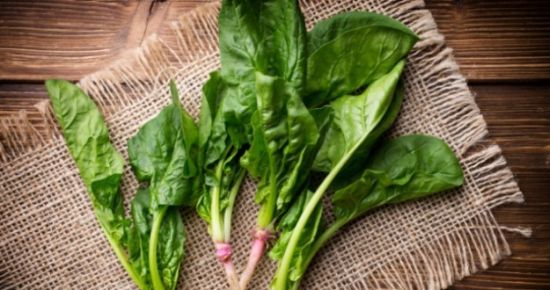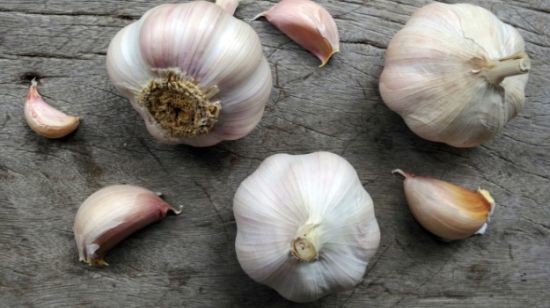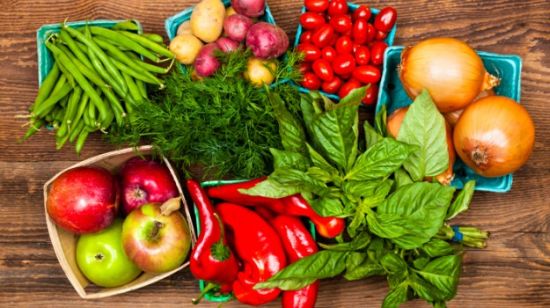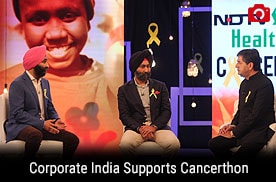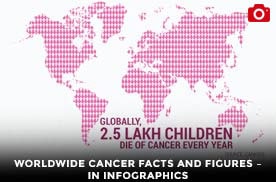Six Ways to Reduce the Risk of Cancer
Every year, 4th February is dedicated to spreading awareness about one of the deadliest diseases in the world – Cancer! This year, the tag line or theme so to say, is ‘Not Beyond Us’. It calls for a bolstered attempt at spreading awareness and highlights the importance of ‘early detection’.
According to world cancer day’s official website, solutions to curb cancer exist and are within our reach. World Cancer Day is a unique opportunity to raise awareness that there is much that can be done at an individual, community and governmental level, to harness and mobilise these solutions and catalyse positive change.
Cancer is indeed one of the most dreaded diseases which claim many lives every year. In women, breast cancer, cervical cancer and ovarian cancer are most common, whereas men are more susceptible to oral cancers, intestinal malignancies and prostate cancers. This year, the focus is on empowering people to make healthy choices and ensuring availability of proper treatment to all.
Lifestyle choices are considered to play a pivotal role in fortifying one’s health as well as guarding one from various life-threatening diseases including cancer. There are some key messages which are important to be known to prevent or manage the malignancies.
In order to stay protected and keep cancer at bay, there are a few things you must keep in mind:
1) Avoid Carcinogens
Carcinogens are substances that can damage or disrupt our body’s cellular metabolic process. One of the most common ways through which carcinogens can affect our body is through smoking, chewing tobacco, binge drinking etc. Avoiding these can most certainly lower the risk of cancer. It’s also important to be careful while working with hazardous chemicals and gases. People who work with chemicals or are exposed to hazardous gases and atmosphere containing radio-active as well as non-radioactive carcinogens are at a higher risk of cancer as compared to others.
Also avoid eating highly processed food as they might contain pre-cancerous (cancer causing) substances. Instead, opt for fresh fruits and vegetables.
Foods which protect against cancer
2) Green vegetables – Go green! Winter is the best time to experiment with green leafy vegetable like palak, methi , bathua and the likes. Ensure that you wash your leafy veggies well to avoid worms. These can also be added in soups, rolled in rotis, stuffed in parathas or cooked in dal. Fresh, garden green vegetables are enriched with special compounds which neutralize the cancerous chemicals.
3) Brighten up your plate with colour – It’s an old saying that the more colourful and vibrant your plate looks, the more promising your health is bound to get. Cauliflower, carrot, beetroot and many other vegetables are full of vitamins and enzymes that are also cancer protective.
4) Onion and garlic – These have sulforapane and indoles which specifically protect against cancer.
5) Embrace vegetarianism – Avoid meat and pork, and instead switch to fish to prevent cancer. Heavy meats are often linked to cancer. Some of the most recent researches have conclusively indicated that switching to lean meats and preferably a more vegetarian diet is useful to prevent cancer. Avoid grilling or searing over high flame as the process creates nitrosamines and heterocyclic compounds which may lead to cancer.
6) Herbs and spices – Some of the herbs work as antioxidants to destroy the cancer cell membranes. Most cancers thrive in an acidic environment where the toxin accumulation is very high and the oxygen levels are low. Herbs make our internal environment less acidic by bringing in more alkali based ions to the cells. Our country, being the Ayurveda capital, is thriving with some brilliant, health benefiting herbs like guggul, ashwagandha , tulsi , triphala , shatavri , manjistha & chaparral.
Disclaimer:
The opinions expressed within this article are the personal opinions of the author. NDTV is not responsible for the accuracy, completeness, suitability, or validity of any information on this article. All information is provided on an as-is basis. The information, facts or opinions appearing in the article do not reflect the views of NDTV and NDTV does not assume any responsibility or liability for the same.


